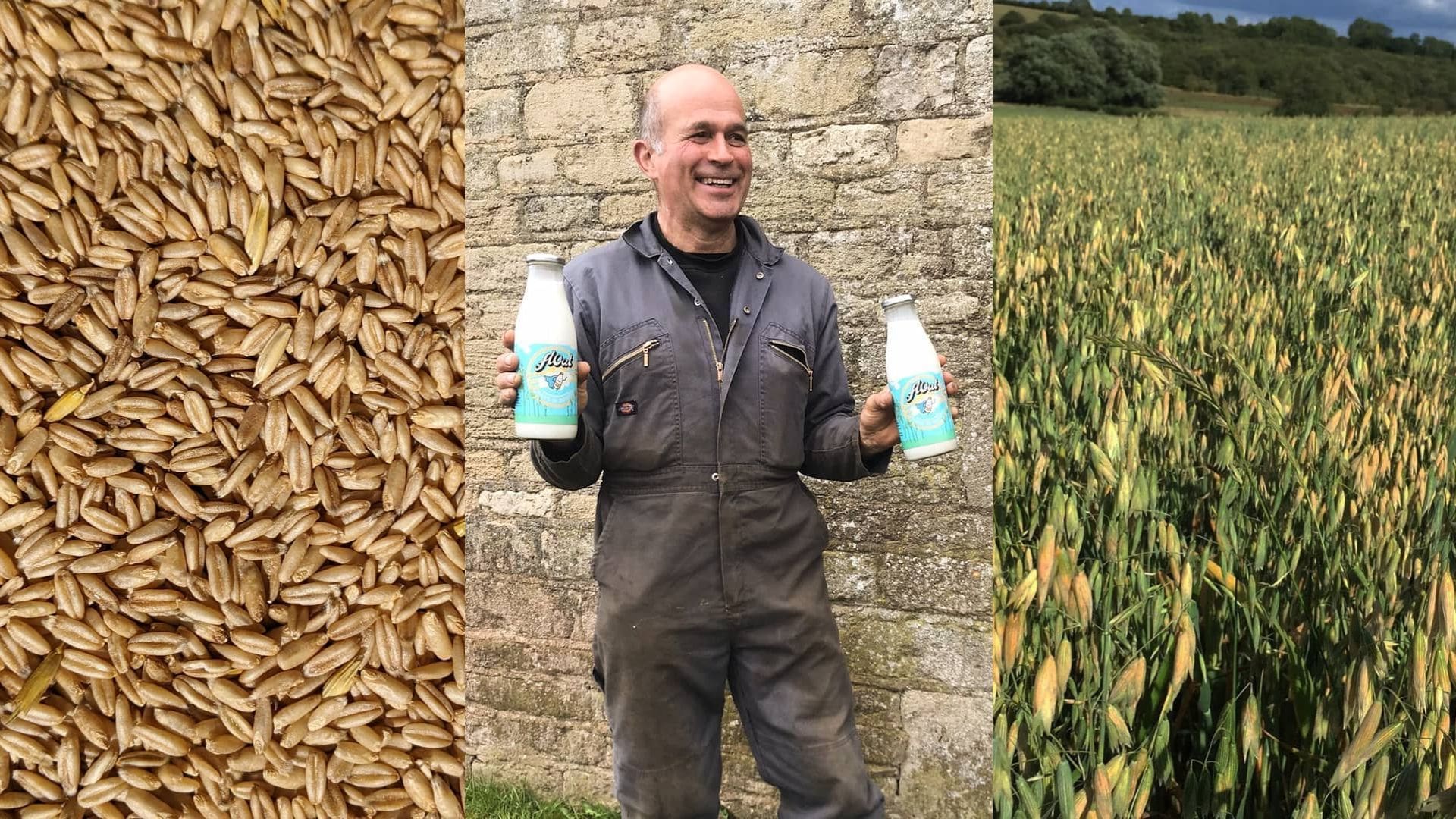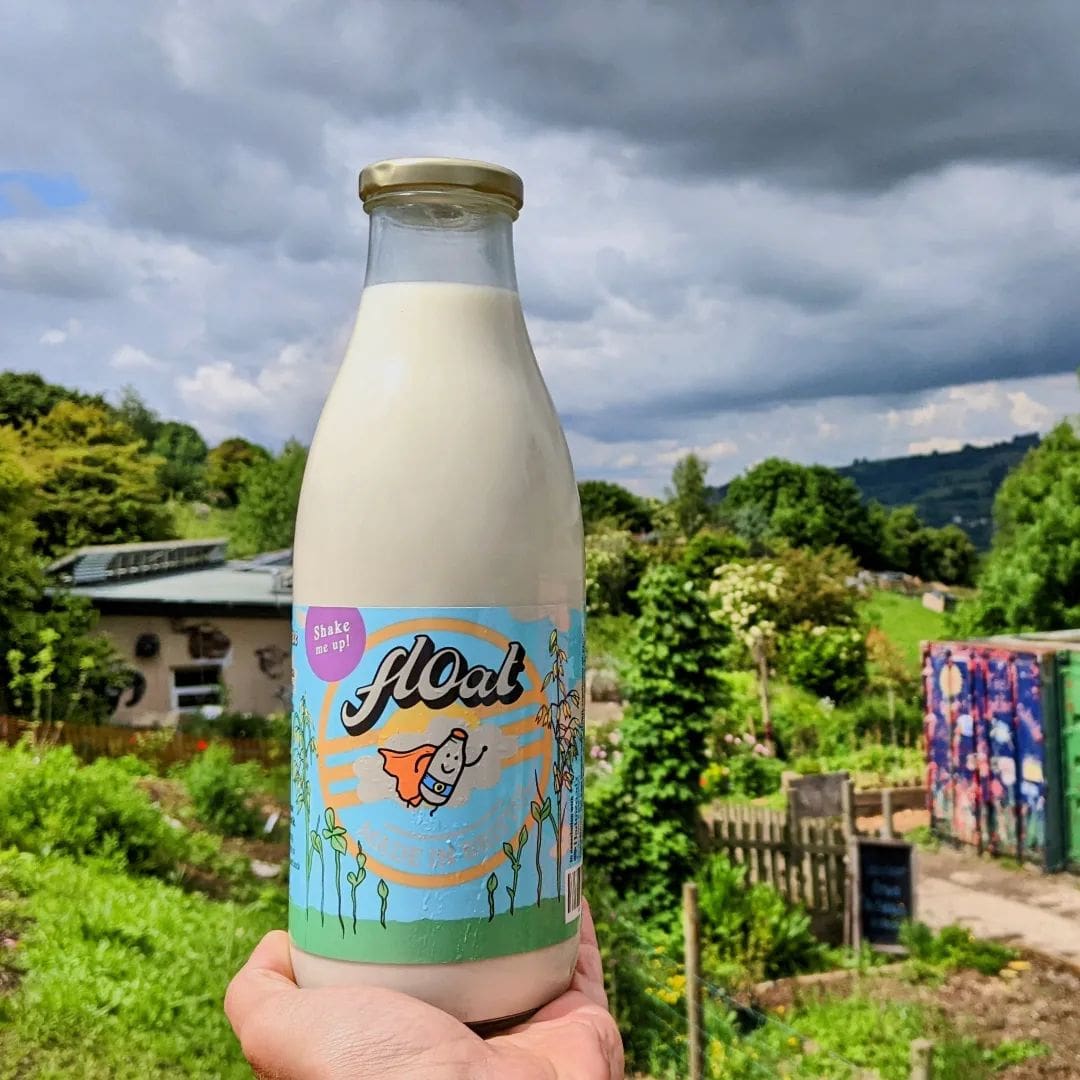In this mini blog series, we catch up with some of the 2019 alumni from Feeding The City Start Up. Supported by Bank of America, this programme enabled aspiring entrepreneurs to start a sustainable food business. 3 years down the line, they share where they are now on their business journey.
Joshua is the founder of Tiger and Float, which provides a local and sustainable milk alternative in Bristol. After developing an initial product back in 2018, he decided to develop the business through Feeding The City Start Up. Here, he was able to learn how to balance decisions that work both for the business and the environment.
An organic growth
Since completing the programme, Tiger and Float has been establishing itself in Bristol, providing dairy-free mylk to local shops, cafes and homes. Now working out of a unit, the business has been steadily moving forward, as Josua explains:
‘We’ve just been growing slowly and organically: accruing slightly more customers, upgrading how we make the mylk, and taking on a few people.’
The team has in fact grown from 2 to 5 people, on a mix of full and part-time.
As an environmentally-focused business, one of Joshua’s main aims when setting up was to encourage the use of reusable packaging. To implement this, Tiger and Float provide a subscription scheme for households, while shops and cafes put a deposit on the glass bottles. The outcomes so far have exceeded expectations.
‘Last year’s figures showed a 98% return rate on bottles to people’s doorsteps, and 99% return rate to cafes. We hardly ever have to buy a new bottle’.
Testing what floats
While the values of the business remain the same, a significant change that has been made is to the product itself. While the original idea was to develop a dairy-free mylk brand using tiger nuts, over time the viability of this ingredient was put into question. ‘The whole thing about it was trying to grow this new kind of milk, which was going to be ‘the next ‘one’. But that didn’t turn out to be true, because the reality is that while it did make it taste pretty good, it never tasted as good as oat milk.’ The other challenge was finding people to grow it on a commercial scale, because tiger nuts are not commonly used in the UK.
In the end, the business shifted its core ingredient from tiger nuts to oats. ‘It’s actually a more complicated process to make oat milk. But now we have the basis of what we do, all the sustainability is baked in because oats are grown in this country. We were able to collaborate with farmers here and have all our ingredients sourced from within the UK. So this serves our mission of doing a localised milk alternative.’
Building relationships
A pivotal moment was establishing a relationship with Hodmedods, a UK-based grains supplier. They put Joshua in touch with Turners of Bytham, who grow a unique variety of grains using pioneering organic techniques. This led to a successful collaboration in which Tiger and Float source their ingredients, while Joshua and the team trained the organic farmers to make oat milk.

‘We’ve started the beginning of a network of float being made locally. That’s one of the best things about it, we have this direct connection with the origin of our product.’
When it comes to relationships, like fellow FTC alumni, Joshua still keeps in touch with the Impact Hub Inverness team, who delivered expert workshops on the Feeding The City Start Up programme. ‘Brian and Polly were especially really good, from helping to focus on on viability, to testing and working with your limitations.’ Joshua still occasionally calls the team, and they came down a couple of times to do some sessions.
Covid response and silver linings
Many businesses also adapted as a result of the pandemic. So how did Covid-19 affect Tiger and Float? The small drinks business was able to promptly react to serve the local needs. They were able to quite quickly shift to doing more home deliveries, as that was already part of the mix.
‘During the COVID pandemic, we stepped up a gear, because we were providing food for the local community and people who were locked down.’
One unexpected benefit that Joshua encountered was an improvement in working hours. ‘I thought it was just part of the job of being a milk person to be an early riser. So I kind of knackered myself out and was not really hacking it too well. However, when COVID hit and I knew everyone was at home anyway, we started to deliver later’. They kept this going because they found a niche of people who work or stay at home. ‘That’s actually helped make it right, but I’m not sure I would have tried that if it wasn’t for COVID.’
‘I suppose at a certain point, the business does need to match the kind of lifestyle you want.’
Despite this, there are still ongoing challenges that Joshua faces, as the owner of a small business. Alongside cash flow issues and staying on top of invoices, one of the most difficult aspects is maintaining the work with a small team of part-time employees, who aren’t relying on the business as their main income. ‘I can’t make people to work a certain day, I have to accept it: that’s just what comes with the territory. But that means that I have been covering a lot of shifts.’
What’s next?
Looking ahead, Joshua is planning to do some market research in the local area, to get further insight into the cafes’ operations and guide the next steps for the business. ‘The vision is to have Bristol-made oat milk in most of the independently run cafes’.
Our main selling points is that we’re zero waste, made in Bristol, and can be traced to the source. But still, the main thing is that it tastes as good or better than the main brands. That’s why we’re continuing to assess and tweak the process to make it better – but it’s never finished.’
Learn more about Impact Hub King’s Cross helps entrepreneurs to start and grow their ventures through business support programmes.


